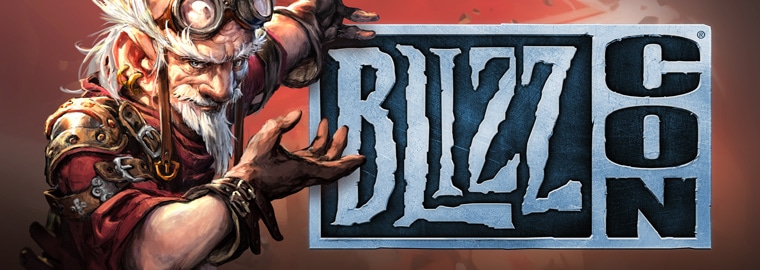- Randomness does not mean that skill doesn't matter. Almost all games are a blend of randomness and skill, but it's not like all games fall along a spectrum with chess (which has no randomness) on one end and rolling dice (which is all randomness) on the other. Instead, randomness and skill are both independent factors in games, with different combinations appealing to different types of players.
- Randomness often increases how much skill is required. Games with a high degree of randomness, like Hearthstone or Magic the Gathering, present new situations almost every game. Unlike chess, you can't simply memorize exact patterns and just play out the same scenarios over and over again. Instead, randomness requires that you think on your feet as you adjust to novel situations.
- Randomness leads to more memorable outcomes. Since randomness is by definition unpredictable, it can lead to some unexpected outcomes, either where you win out of nowhere by drawing just the perfect card or where your opponent somehow pulls out a win with only 1 life remaining. Or maybe you find a use for a terrible card that in that one exact instance ends up winning you the game. In these sorts of situations, you leave the game with a remarkable story to share with others.
- Randomness leads to more fun. It turns out that most out that the most popular games are ones that combine randomness and skill. Tic-tac-toe, for example, has no randomness and requires very little skill. Chess, while it requires a ton of skill, is not very fun for most people, since the better player almost always wins. But the popularity of videos games in general, and specific games like Hearthstone, Magic the Gathering, and Texas Hold 'Em (just to name a few) show that just the right amount of randomness makes for more fun.
Thursday, November 13, 2014
The Value of Randomness
For those of you who don't closely follow Blizzard, last weekend was BlizzCon, which featured a ton of tournaments and news regarding Blizzard's games, including the World Championships for Hearthstone and the announcement of the upcoming Hearthstone expansion Goblins vs. Gnomes. Another item of interest that came out of BlizzCon was a discussion by Hearthstone Senior Designer Ben Brode about the value of randomness in games. While he was clearly referencing Hearthstone, the concepts apply equally to Magic the Gathering, so I thought I would summarize what he had to say in his panel.
Subscribe to:
Post Comments (Atom)

No comments:
Post a Comment